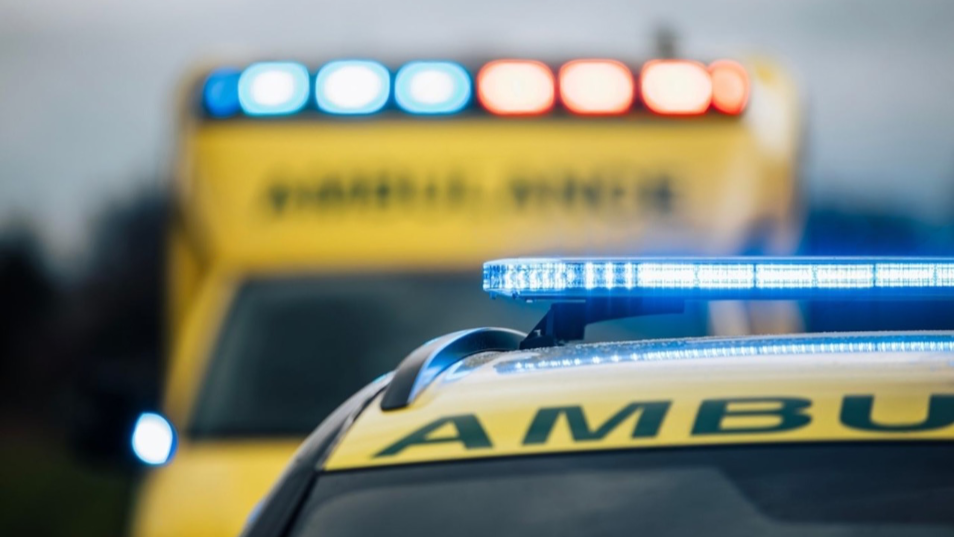
Prehospital Products
Make your life easier on the road
Pick and Mix
Don’t you hate it when you buy a bundle – clothes, makeup, whatever and there’s always one or two things you’ll never use?
That’s why we built our Pick & Mix system. You build your own set from our full pocket card range, choosing only the cards you actually want, up to 15 in a bundle. Automatic multi-buy savings kick in as you add more, so you get a fully personalised set with no filler and better value.
-

Respiratory assessment
Click hereFocused respiratory assessment made simple. Designed for pre-hospital clinicians, this card covers key symptoms, inspection, auscultation, red flags, and escalation prompts in emergencies.
-

14 abnormal ECG rhythms
Click hereCore abnormal ECG rhythms at a glance. Designed for pre-hospital clinicians, this card summarises 14 key arrhythmias with recognition cues and interpretation prompts.
-

Abdominal assessment
Click hereStructured abdominal assessment, step by step. Designed for pre-hospital clinicians, this card guides history, inspection, palpation, red flags, and documentation at the bedside.
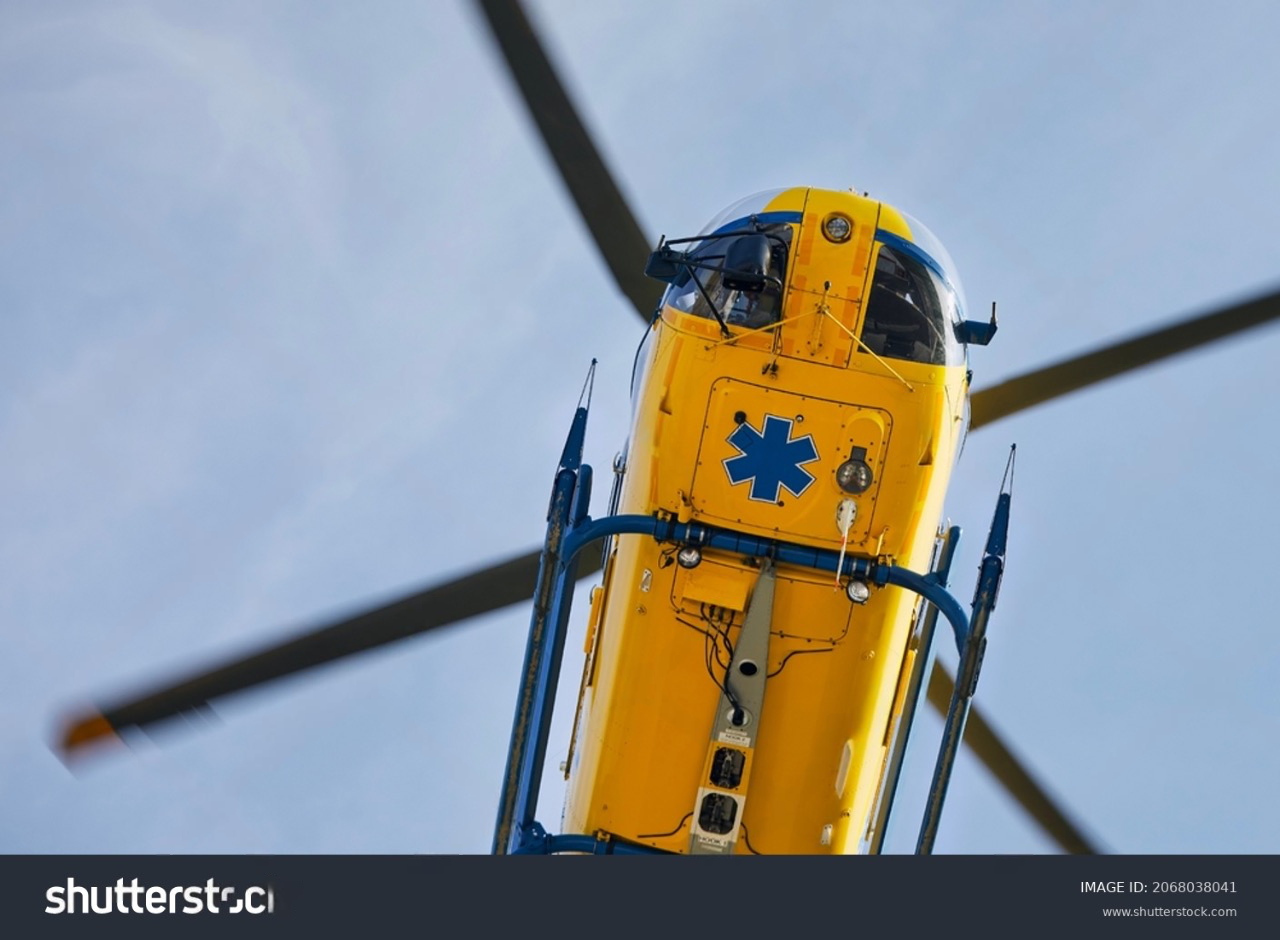
Our Goal
"Our goal is simple: to make your life on the road easier, with smart tools and educational materials designed with you in mind."
Pre-made Bundles
Don’t always want to faff around building your own set?
We’ve grouped cards that naturally belong together into pre-made bundles– trauma with trauma, assessment with assessment, ECG with ECG – so you can grab a ready-made combo that actually makes sense. You’ll pay less than buying the cards individually, and in many cases even less than building the same set with Pick & Mix.
-
Ultimate Patient Assessment 6 Card Bundle – Paramedic & Student Reference Set for Respiratory, Primary Survey, Medical, Cardiovascular, Abdominal & Cranial Nerve Revision
No reviewsRegular price £10.99 GBPRegular priceUnit price / per -
A6 Reusable Pre-Hospital Slate Bundle – Cardiac Arrest Log Board, ATMIST Handover Slates and Dry Wipe Marker for Paramedic & Student Training
No reviewsRegular price £11.99 GBPRegular priceUnit price / per -
Major Incident Card Bundle | TST, MITT and METHANE Reference Cards | Lanyard Tools for Paramedics, HART and Emergency Responders
No reviewsRegular price £6.99 GBPRegular priceUnit price / per -
System Assessment Pocket Card Bundle – Cardiovascular, Respiratory & Abdominal Exam Reference for Paramedic, EMT & Student Revision
No reviewsRegular price £6.99 GBPRegular priceUnit price / per
Reusable Pre-Hospital Boards

A6 Reusable Cardiac Arrest Log Slates – Dry Wipe Resuscitation Record Sheet for Paramedic, EMS & Student Training

Reusable Pre-Hospital Slates
Reusable dry wipe boards that are basically a single sheet notepad you...
The Medical Lounge Store
ECG Ruler & Online Learning Course – 7-Step ECG Study Bundle
Share
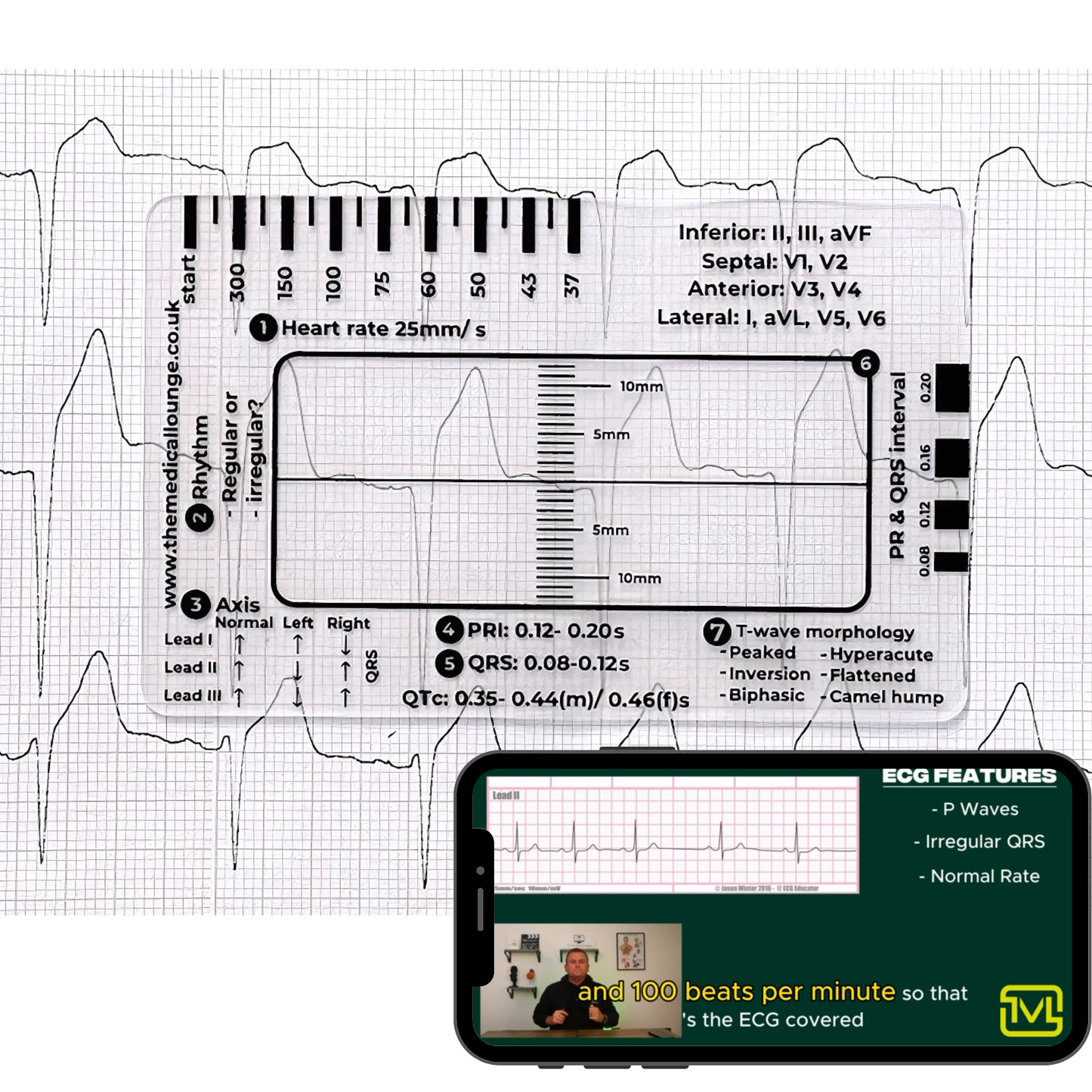
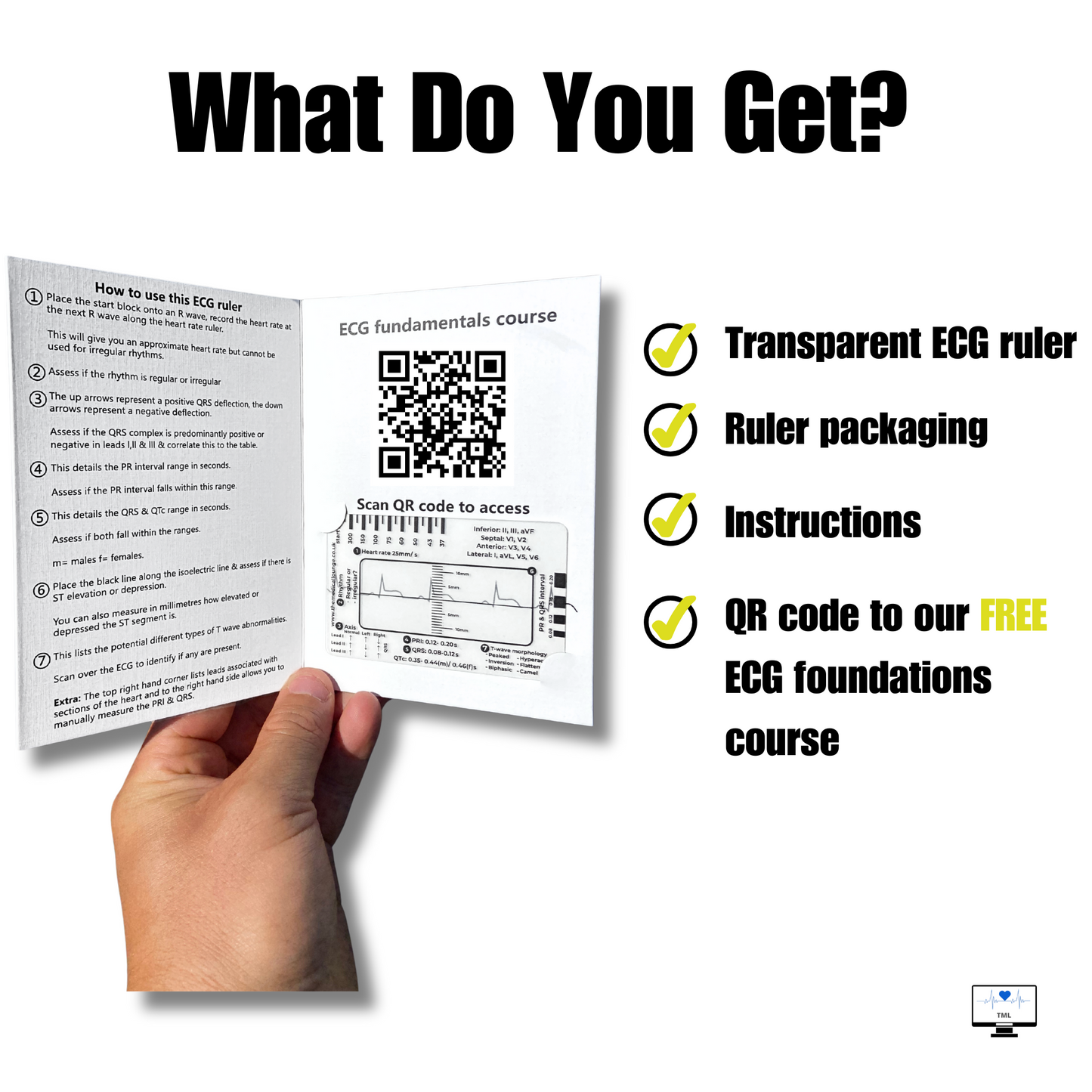
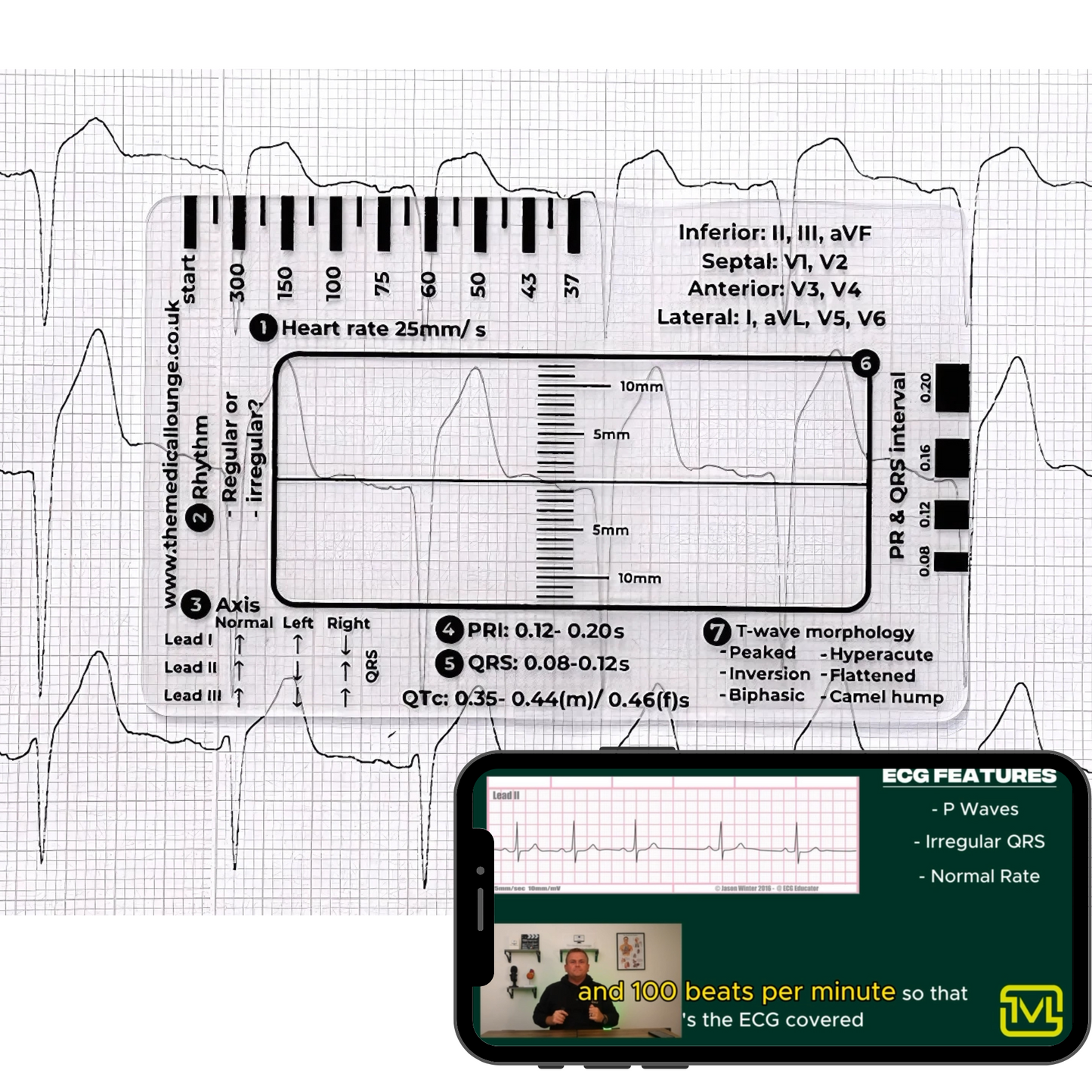
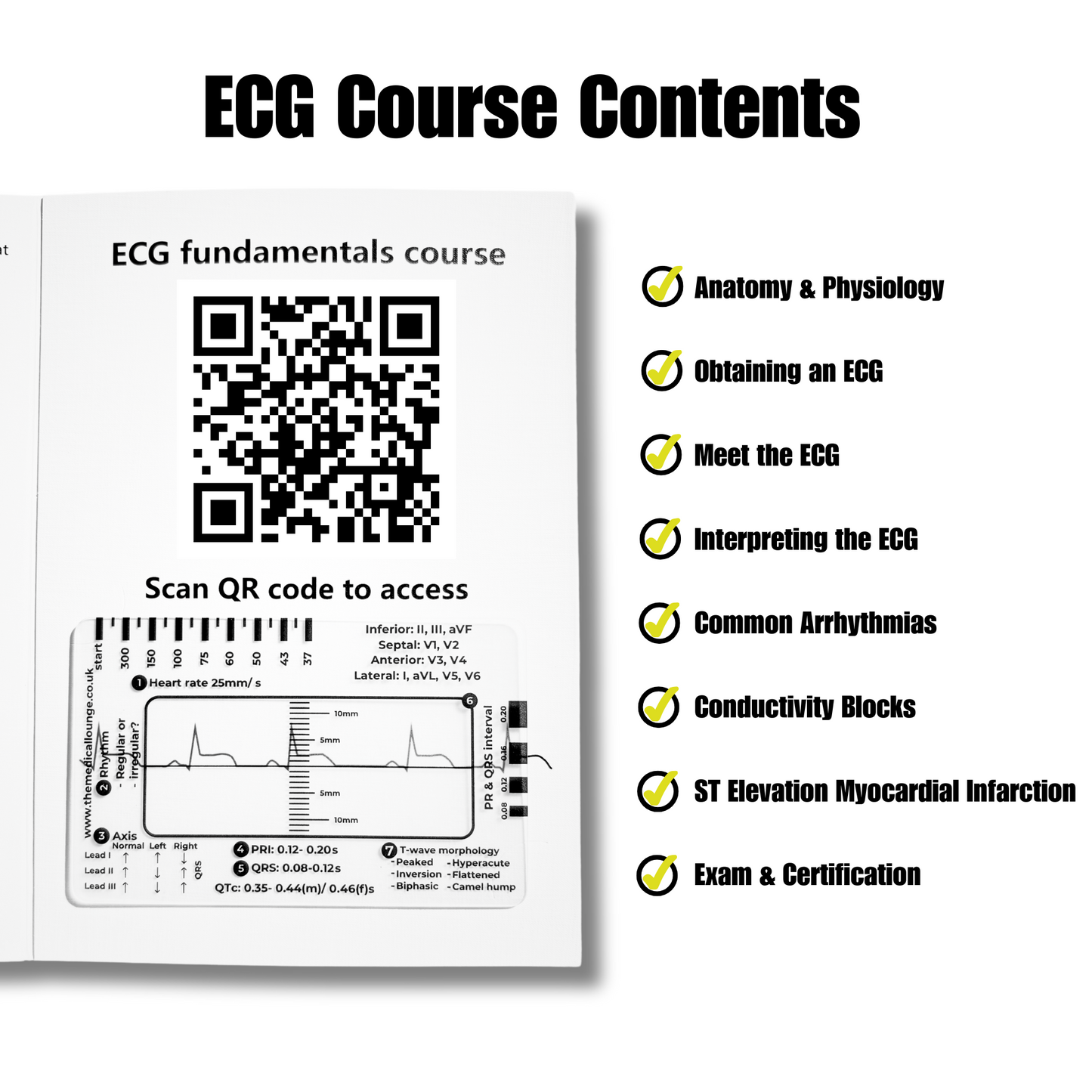
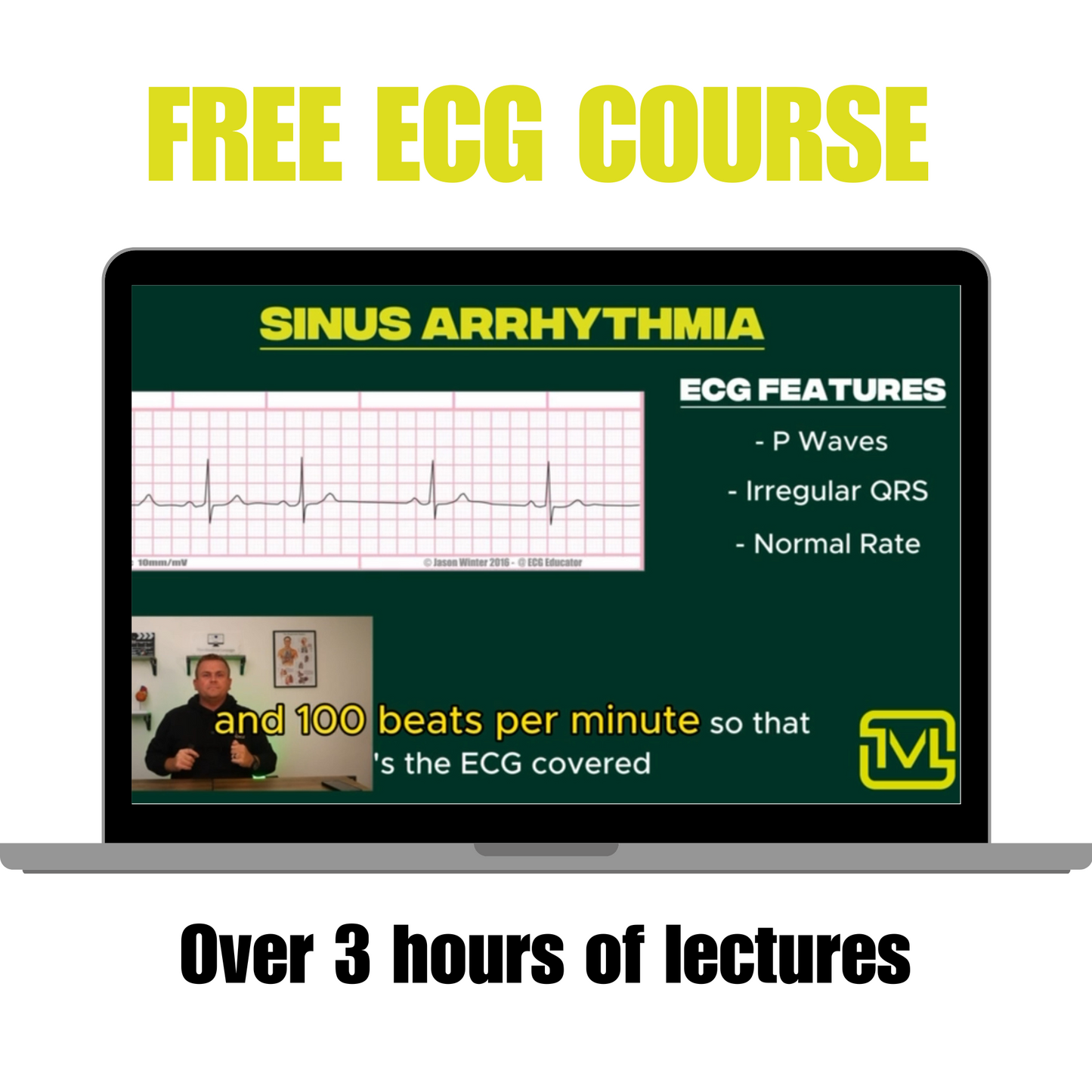





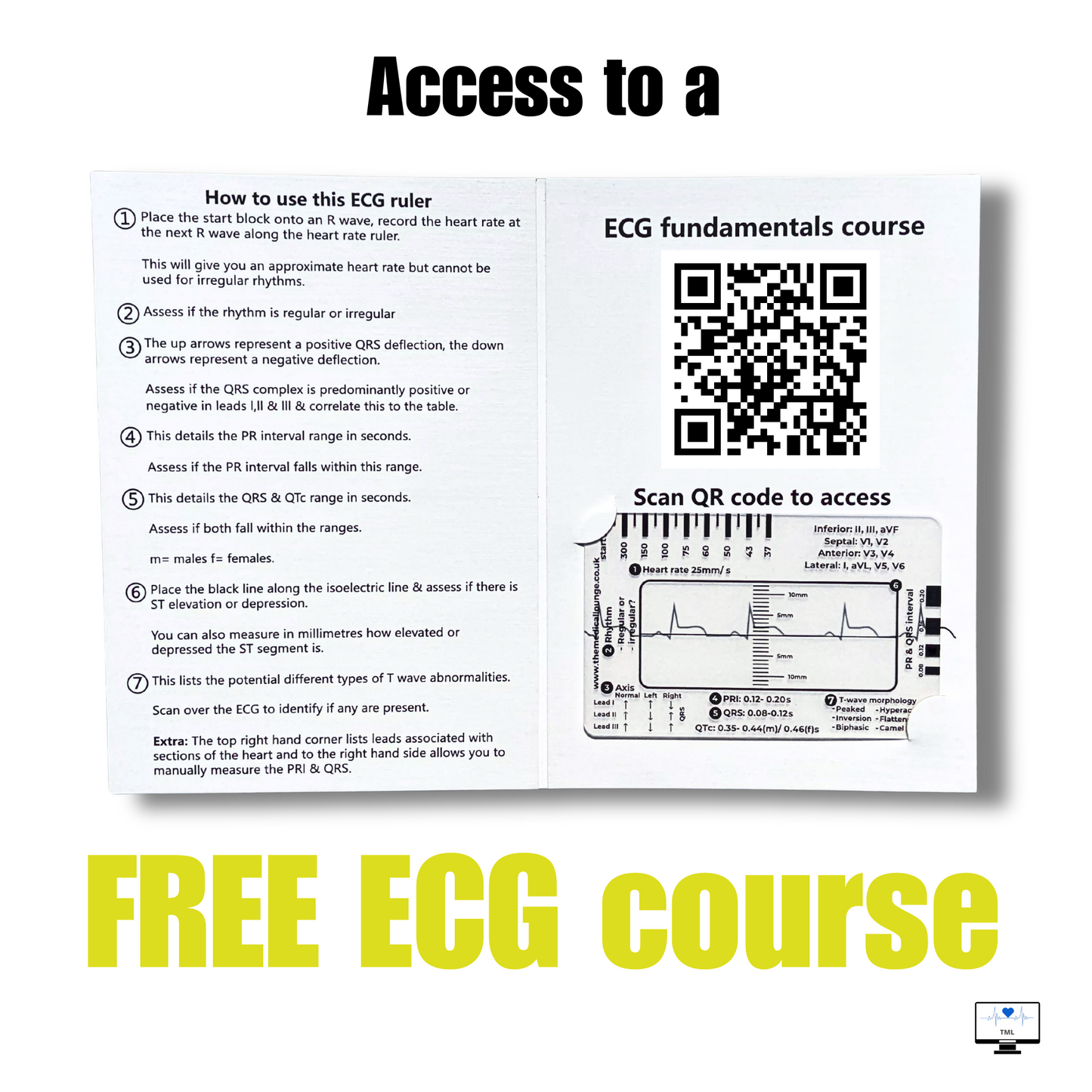

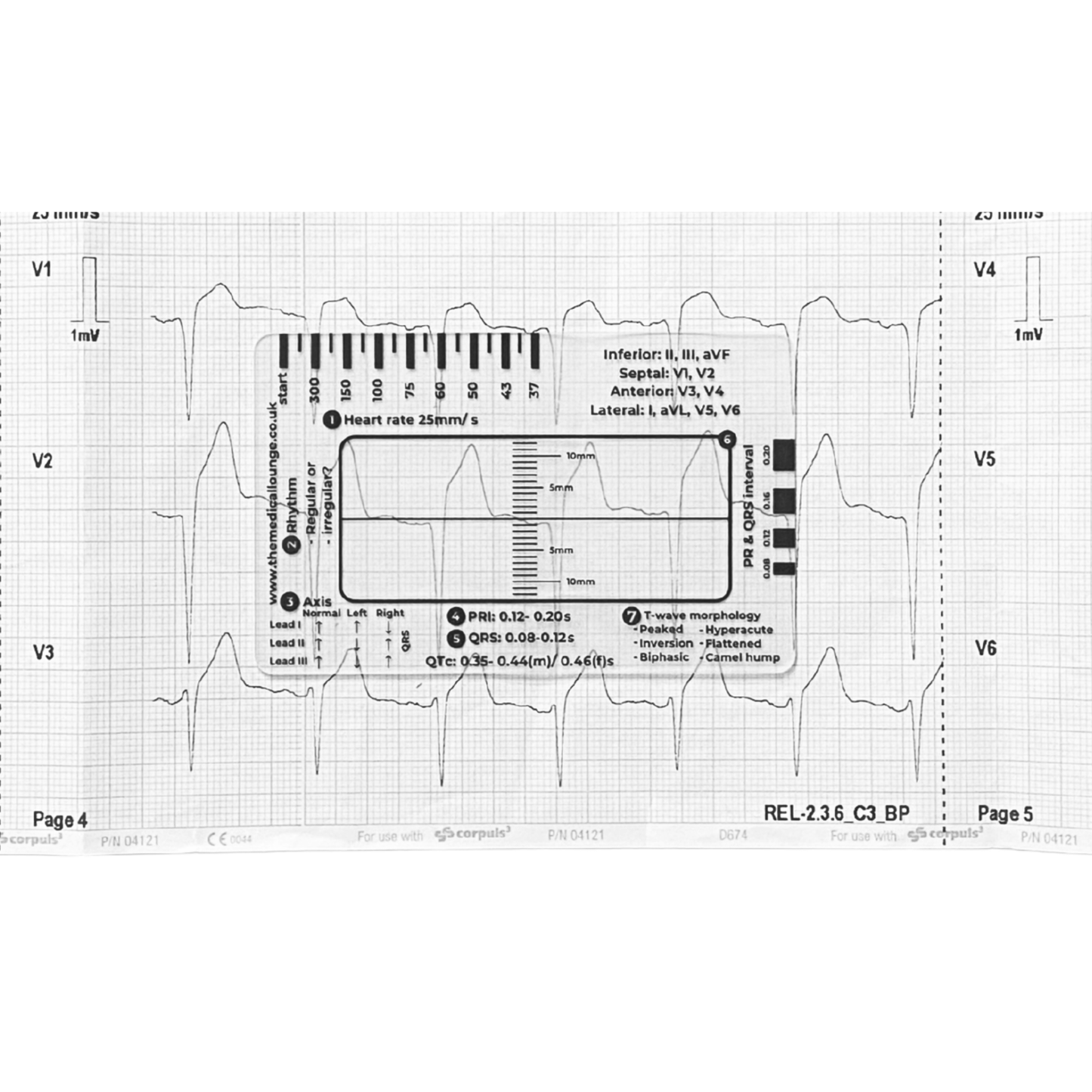
Let customers speak for us
from 135 reviewsNEWS2 Reference Card | Quick Guide for Paramedics, Nurses, Students & Doctors | Lanyard Badge Card | Clinical Score Aid

Initially I had problem ordering as my post code wasn’t recognised but the guys sorted it out really quickly for me.
Very informative.

Excellent reference cards. I work solo on a RRV and have these on my keyring. Cheers!

An extremely helpful Patient Assessment Card Bundle. Another great order from Medical Lounge. Thank you.

I would like to have more ECG training

ECG ruler with Free access to ECG foundations course

Great device easy to use

ECG ruler with Free access to ECG foundations course

ECG ruler with Free access to ECG foundations course

From ordering the item and speaking to customer service to the fast delivery of my order I cannot recommend The Medical Lounge highly enough. I will definitely be using them again.
My experience with The Medical Lounge was exceptional. Customer service could not have been more helpful with regards to a question I had. The item was just as described and at a competitive price. I will definitely be ordering from this Company again. I highly recommend them.

Education Hub
View all-

Abdominal Assessment: Turning “Tummy Pain” into...
Abdominal pain is one of the most common – and most misleading – complaints you’ll meet on the ambulance. This blog walks you through a simple, step-by-step abdominal assessment (Inspect,...
Abdominal Assessment: Turning “Tummy Pain” into...
Abdominal pain is one of the most common – and most misleading – complaints you’ll meet on the ambulance. This blog walks you through a simple, step-by-step abdominal assessment (Inspect,...
-

Camel Hump T Waves: What They Are & Why The...
Ever seen a T wave that looks like it’s grown a second head? Camel hump T waves are rare, easily overlooked, and often misunderstood. This short guide breaks down what...
Camel Hump T Waves: What They Are & Why The...
Ever seen a T wave that looks like it’s grown a second head? Camel hump T waves are rare, easily overlooked, and often misunderstood. This short guide breaks down what...
-

Dextrocardia: The ECG Trap You Don’t Want to Miss
Dextrocardia can make a perfectly healthy heart look dangerously abnormal on a 12-lead ECG — but only if you miss the signs. In this post, we break down how dextrocardia...
Dextrocardia: The ECG Trap You Don’t Want to Miss
Dextrocardia can make a perfectly healthy heart look dangerously abnormal on a 12-lead ECG — but only if you miss the signs. In this post, we break down how dextrocardia...
-

Resuscitation Council UK 2025 Guidelines: What’...
The Resuscitation Council UK has released its long-awaited 2025 Resuscitation Guidelines, introducing refined updates across adult, paediatric, and newborn life support. While the core algorithms remain familiar, the new guidance...
Resuscitation Council UK 2025 Guidelines: What’...
The Resuscitation Council UK has released its long-awaited 2025 Resuscitation Guidelines, introducing refined updates across adult, paediatric, and newborn life support. While the core algorithms remain familiar, the new guidance...
Join the Crew
We only drop emails on a Tuesday... and patients too, obviously














